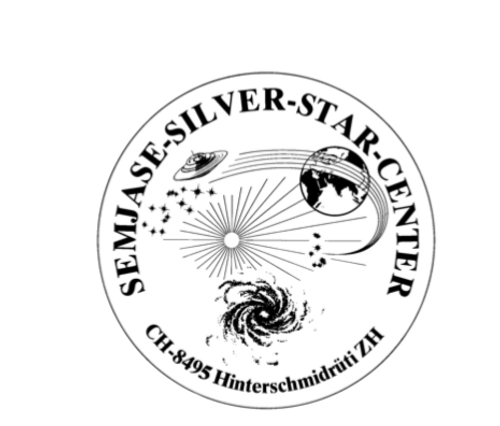Product Overview
Morality - Virtues / FIGU INFO / Free Download
Billy Eduard Albert Meier / FIGU Switzerland
Translation: Adam Dei Rocini
Morality
The actual fulfilment of the values duty, obedience, law, custom, tradition and order is to be understood by morality, whereby the core of moral modes of behaviour comes first and foremost. In times past, the human being has related the morality to the bible, thus the religions and sects iniquitously staked a claim – and still do – that the emergence of the morality would be their doing. However this corresponds to a sheer selfish religious-sectarian lie, because, from time immemorial, the basic impulses of the morality have been pre-given to the human being through the creational-natural laws and recommendations. Consequently they lie dormant in him/her and must only be awakened, perceived, worked out and put into practice in the life by him/her. Immanuel Kant came somewhat near to the truth, however without fathoming the actual truth, because he explained that an imaginary and supposed god – which indeed effectively does not exist – is not the originator of the morality of the human being, rather that it is the human being who must attempt to solve the question of morality with the help of his/her intellect.The term morality dates back to the Latin word ‘moralis’, which actually means the ‘custom’ and the like. A custom is a human way of behaving, that is to say, a mode of behaviour, in the form of a practice. The morality describes principally deeds, which the individual human being or the society expects of fellow human beings, whereby it shall ensure that the human beings engage in specific moral as well as correct behaviour. Morality corresponds to the opposite of...[article continues with this link]










